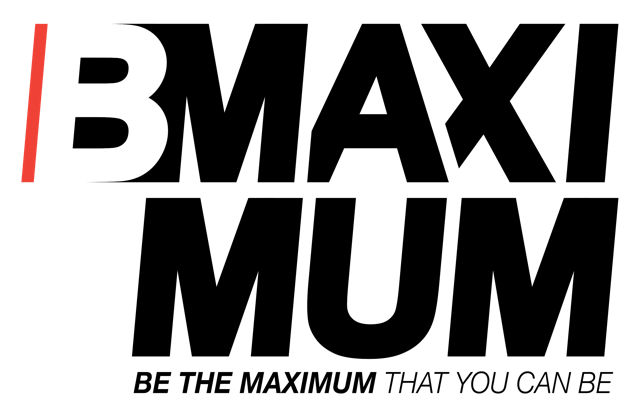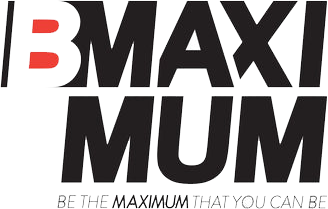
In the quest for a leaner physique and enhanced muscle definition, the dilemma between rapid weight loss and gradual weight loss often surfaces. Each approach has its proponents and detractors, but when it comes to optimizing muscle growth, understanding the implications of these strategies is crucial.
Rapid Weight Loss: Quick Fixes with Hidden Costs
Rapid weight loss is often achieved through extreme calorie restriction or intensive exercise routines. This approach can yield significant weight loss in a short period, which might seem appealing for those looking to achieve quick results. However, the downsides are considerable, especially concerning muscle growth and overall health.
Cons of Rapid Weight Loss:
- Muscle Loss: A severe calorie deficit forces the body to use stored energy sources, not discriminating much between fat and muscle. This can lead to a significant loss of muscle mass, undermining muscle growth efforts.
- Metabolic Slowdown: Rapid weight loss can decrease metabolic rate as the body attempts to conserve energy, making it harder to lose fat and easier to gain weight in the long term.
- Nutritional Deficiencies: Extreme dieting often lacks essential nutrients, which can impair muscle recovery and growth.
Gradual Weight Loss: Slow and Steady Wins the Race
Gradual weight loss, achieved by creating a modest calorie deficit and focusing on a balanced diet and regular exercise, is generally more sustainable and healthier. This approach promotes fat loss while preserving muscle mass, crucial for muscle growth.
Pros of Gradual Weight Loss:
- Muscle Preservation and growth: A slower rate of weight loss allows for the retention and growth of muscle mass, as the body is less likely to catabolize muscle for energy.
- Metabolic Stability: By avoiding drastic calorie cuts, the metabolic rate remains more stable, supporting sustained weight management and muscle growth.
- Nutritional Adequacy: A balanced diet ensures the body receives the vitamins, minerals, and other nutrients needed for muscle repair and growth.
The Verdict: Gradual Weight Loss for Muscle Growth
When the goal includes muscle growth, gradual weight loss is the superior strategy. It allows for the preservation of muscle mass, supports metabolic health, and ensures adequate nutrition—all essential for optimizing muscle development.
Strategies for Effective Gradual Weight Loss:
- Protein Intake: Ensure sufficient protein consumption to support muscle repair and growth. Aim for a protein intake of 1.6 to 2.2 grams per kilogram of body weight daily. Note that you can get the same results with plant-based protein or whey. It's your personal choice.
- Strength Training: Incorporate resistance training into your routine to stimulate muscle growth and increase metabolic rate.
- Calorie Deficit: Create a modest calorie deficit that promotes fat loss while still providing enough energy for daily activities and exercise.
In conclusion, while rapid weight loss might offer the allure of quick results, its negative implications for muscle growth and overall health make it a less desirable choice. Gradual weight loss, with its focus on sustainable habits and muscle preservation, proves to be the better path for those looking to enhance their muscle mass alongside achieving a leaner body composition.







